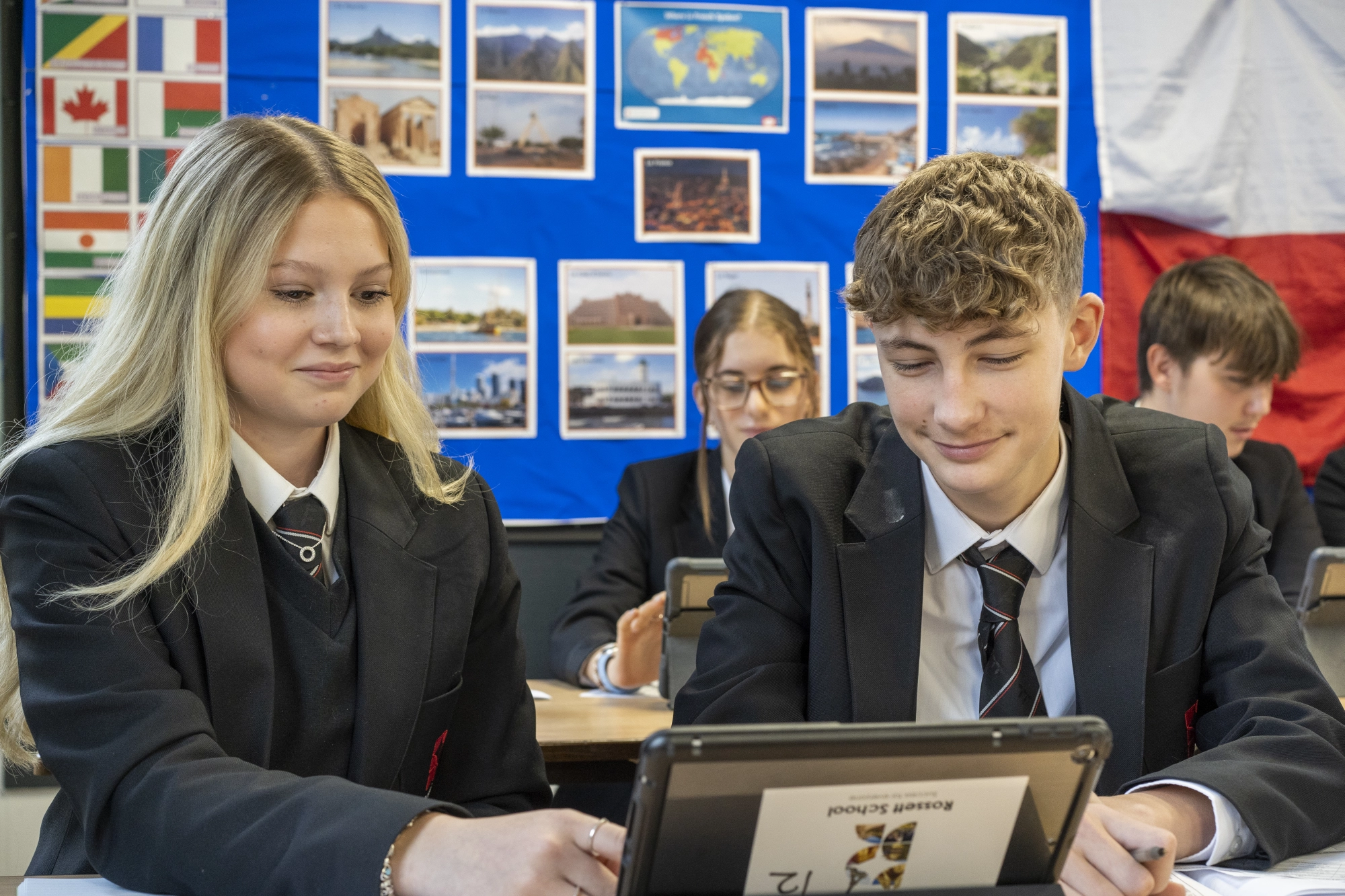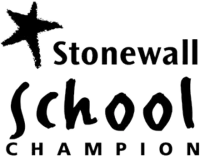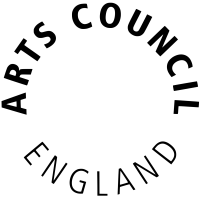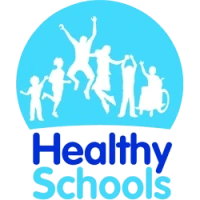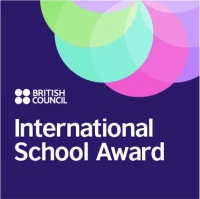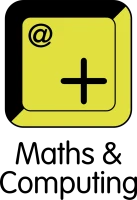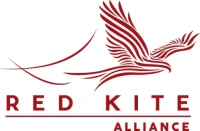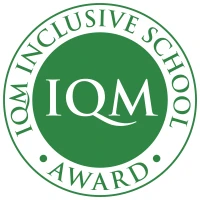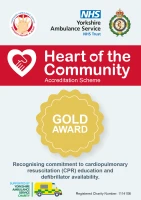Computing
"Whether you want to uncover the secrets of the universe, or you want to pursue a career in the 21st century, basic computer programming is an essential skill to learn." Stephen Hawking
Curriculum Principles
Our curriculum helps our students acquire the powerful knowledge they will need to thrive in a rapidly changing technological world. This powerful knowledge is based around ‘computational thinking’ and includes decomposition, abstraction, pattern recognition, formatting solutions, predicting change, analysing and evaluating. Through engaging and challenging topics, our students will all leave Rossett ‘computer literate’ regardless of whether they pursue the discipline at KS4 and 5. They will develop a deep knowledge of the elements of computational thinking and be able to apply it to different contexts. They will also be able to do the ‘basics’, setting them up for a successful transition into the workplace of their choice. In addition, we know our students and understand that they also need to develop the knowledge to be able to protect themselves online, understand how to decode false news and find reliable sources of information. Our curriculum will give them the tools in order to do this so that they can be confident to navigate the evolving risks of an online society. For those that do go on to further study, the curriculum offers cutting edge knowledge and skill acquisition to enable them to apply their problem-solving knowledge to new and unfamiliar contexts, enabling them to be adaptable in the future. The curriculum also aims to promote the importance of diversity in the ICT sector. We want to empower students of all backgrounds to feel that they bring diverse cultures, experiences and knowledge which help to strengthen this industry sector.
Curriculum Features
- 43% (23.2 million) of the UK are not able to create something new from existing online images, music or video
- 24% (13 million) of the UK are not able to verify the sources of information found online
- 16% (8.6 million) of the UK are not able to fill out an online application form
It is our aim to enable students to develop skills and knowledge in Computer Science, ICT and digital technologies to prepare them for a future in a rapidly changing technological world where the use of this technology is fully embodied and to make sure each student leaves Rossett School being computer literate. An important life skill for anyone is to problem solve, with technology playing such a significant role in society today, we believe ‘computational thinking’ is a skill students must be taught if they are to be able to participate effectively and safely in this digital world. Our high-quality computing education equips pupils to use creativity to understand and change the world using the strands of computational thinking. Computing knowledge is a major factor in enabling children to be confident, creative and independent learners and it is our intention that children have every opportunity available to allow them to achieve this. We are dedicated to ensuring our students leave with the skills to either develop or use software packages that fully embrace a future of rapidly advancing computer technology.


